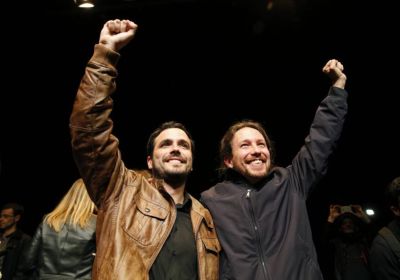
Spain's anti-austerity party Podemos and older left-wing party United Left announced on May 9 that they had reached a preliminary agreement to run on a joint platform before Spain's new general election on June 26.

Spain's anti-austerity party Podemos and older left-wing party United Left announced on May 9 that they had reached a preliminary agreement to run on a joint platform before Spain's new general election on June 26.
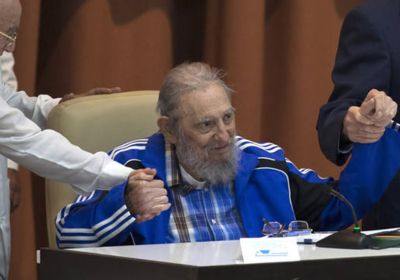
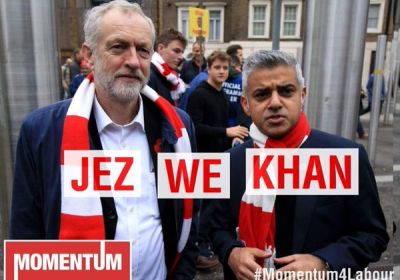
 Supporters of British Labour Party's socialist leader Jeremy Corbyn.
Despite his insurgent campaign scoring a string of impressive against-all-expectations wins, Bernie Sanders’ campaign for the Democratic presidential nomination was declared all but dead-and-buried after Hillary Clinton won a clear victory in a controversial New York primary marred by irregularities on April 19.
Supporters of British Labour Party's socialist leader Jeremy Corbyn.
Despite his insurgent campaign scoring a string of impressive against-all-expectations wins, Bernie Sanders’ campaign for the Democratic presidential nomination was declared all but dead-and-buried after Hillary Clinton won a clear victory in a controversial New York primary marred by irregularities on April 19.
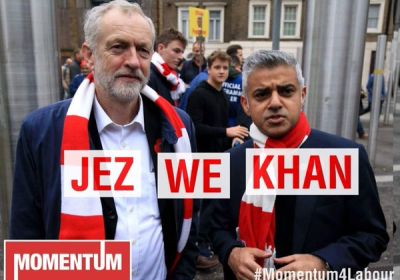
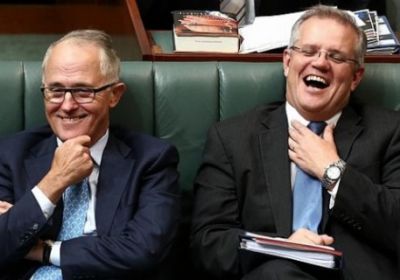
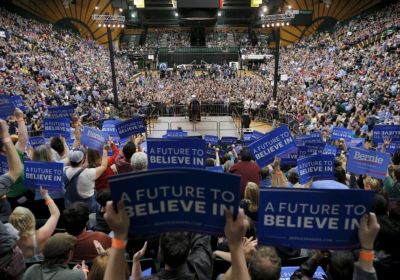
Proving that US voters are still energenised to go to the polls to voice their support for "political revolution", self-described socialist Senator Bernie Sanders won the Democrats Indiana primary on May 3 -- besting rival Hillary Clinton and notching a much-needed victory as the corporate media and political class continues to discount his chances and downplay the accomplishments of the campaign.
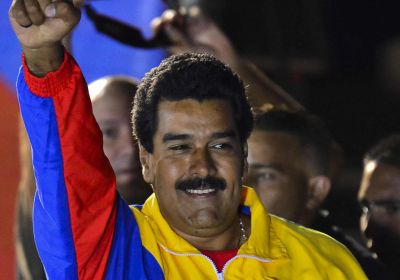
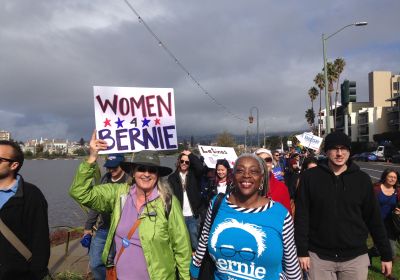
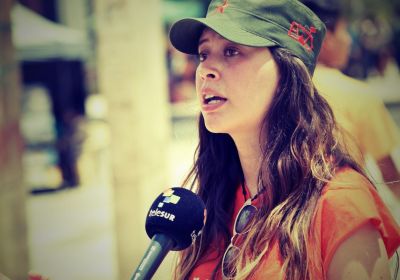
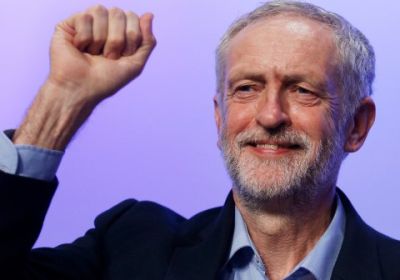
 Elizabeth Jarrett.
Well here it is 2016
Yet we are still ruled under an illegal regime
It's time for a change in
Histories what's, when's and how's
What they say was once discovered is invaded now
We don't want recognition in the constitution
For being recognised is not the solution
What we need is this current government’s dissolution
Elizabeth Jarrett.
Well here it is 2016
Yet we are still ruled under an illegal regime
It's time for a change in
Histories what's, when's and how's
What they say was once discovered is invaded now
We don't want recognition in the constitution
For being recognised is not the solution
What we need is this current government’s dissolution